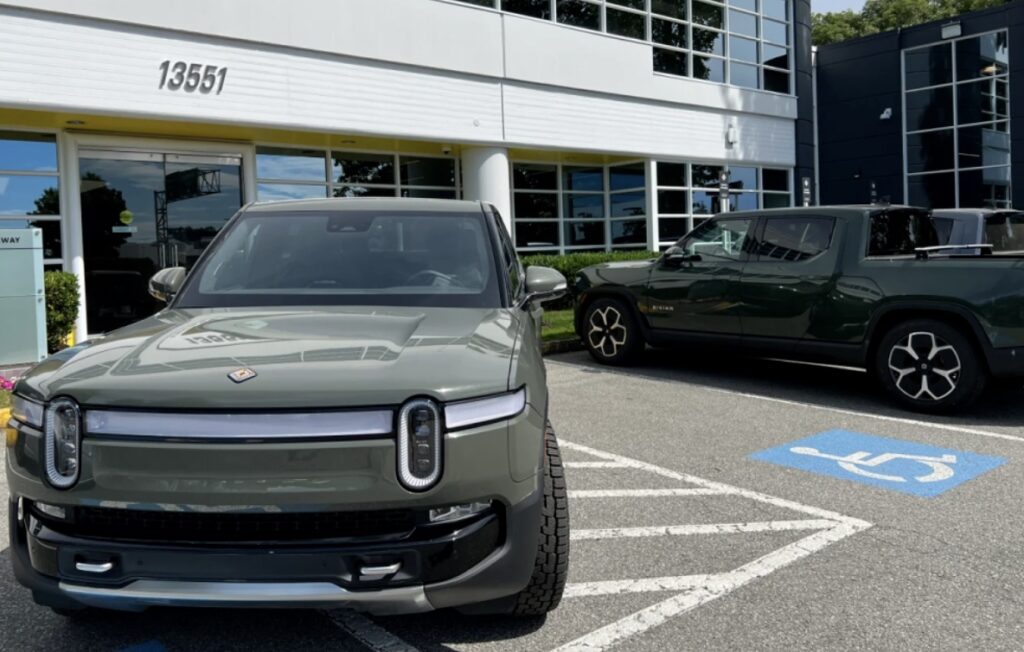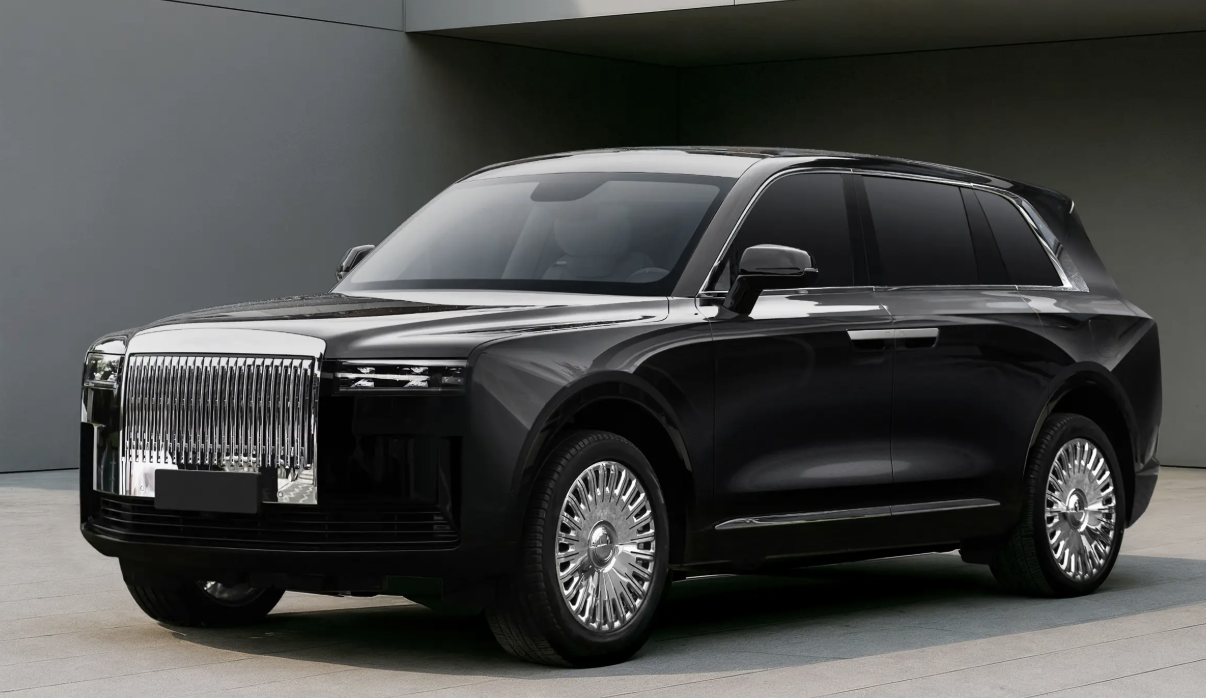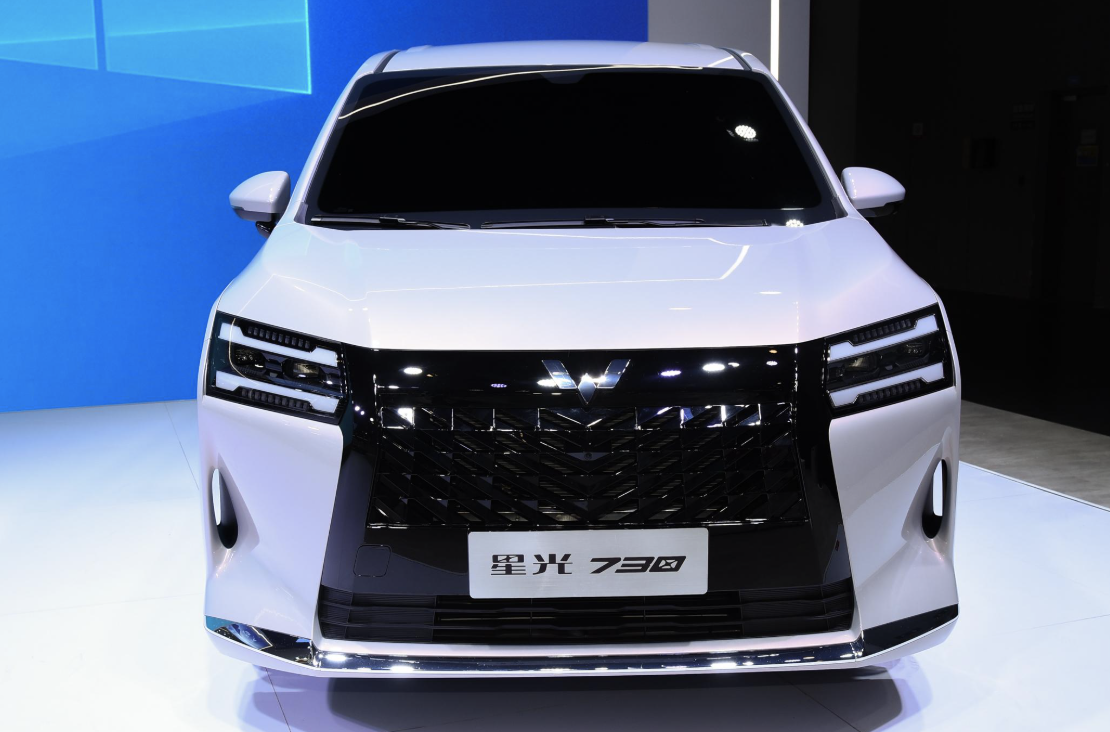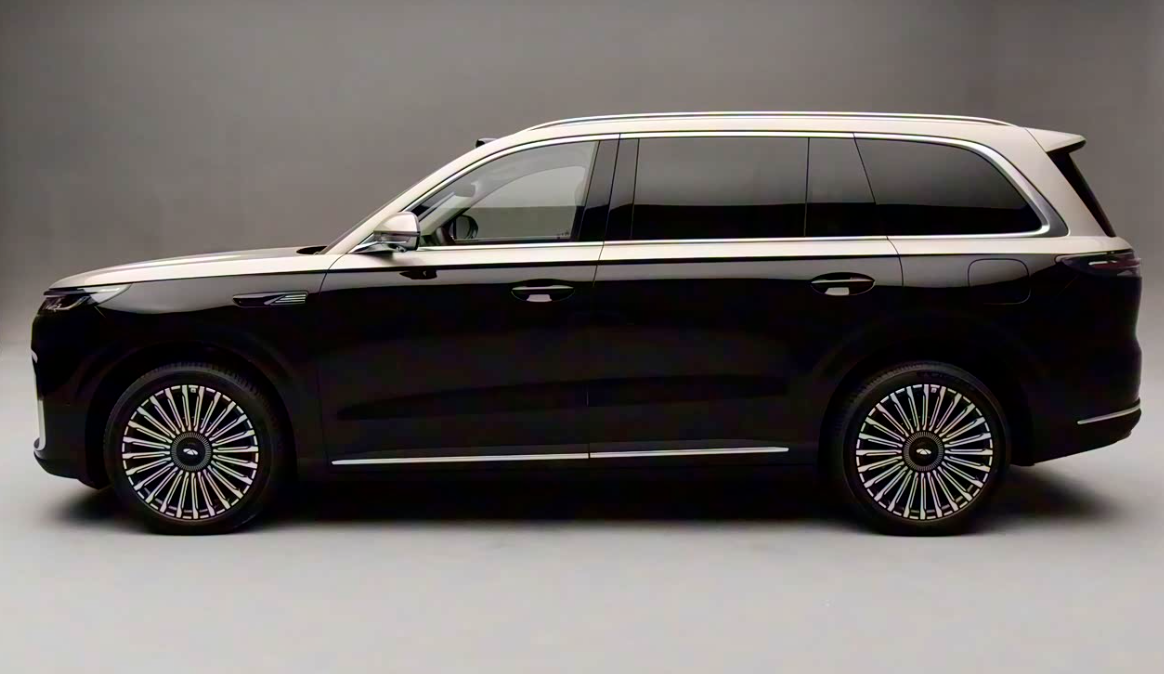According to a report by the German Press Agency (DPA), Germany’s Volkswagen Group will inject 1 billion USD (approximately 7.169 billion RMB) into U.S. electric vehicle startup Rivian Automotive Inc. This is part of Volkswagen’s previously pledged investment of up to 5.8 billion USD in Rivian, and marks the second 1 billion USD payment to the EV maker. After this investment, Volkswagen’s equity stake in Rivian will increase. Under the plan, Volkswagen will make a third 1 billion USD payment in mid-2026 and a final payment of 500 million USD in 2027, by which time Volkswagen’s first model using Rivian’s technology is scheduled to hit the market. Of the pledged 5.8 billion USD, 3.5 billion USD will be allocated to purchasing Rivian stock, while 2.3 billion USD will be injected into the joint venture Rivian Volkswagen Technologies, established at the end of 2024 to develop shared electronic architecture and software platforms.

As of press time, neither Volkswagen Group nor Rivian had officially released a statement on the matter.
The cooperation between Volkswagen and Rivian began in June 2024, when both sides agreed to set up a joint venture to create next-generation electrical architectures and advanced software technologies. Under the strategic partnership, Volkswagen initially committed 5 billion USD (about 36.3 billion RMB), including an immediate 1 billion USD investment and a subsequent 4 billion USD (about 29.1 billion RMB) to be added gradually through 2026. This deal received official approval from Germany’s Federal Cartel Office in the following month, allowing Volkswagen to acquire a minority stake in Rivian. Later, in November of the same year, Volkswagen announced that it would increase its investment in Rivian and the joint venture to 5.8 billion USD, up 16% from the original 5 billion USD, thereby securing a 50% stake. In other words, the additional investment represented an 800 million USD increase compared with the original plan.
In January this year, some media reported that Volkswagen was considering procurement cooperation with Rivian. At the time, Volkswagen CEO Oliver Blume said in an interview that Volkswagen was exploring ways to extend cooperation beyond software to procurement. The company was considering sharing modules and bundling procurement with Rivian, potentially offering “tremendous opportunities” for the U.S. EV maker.
Compared with Germany’s Volkswagen, Rivian is far less known in the Chinese market. Once regarded as Tesla’s biggest rival, Rivian’s current market position lags significantly behind Tesla. Like many other emerging EV startups, Rivian is still operating at a loss. Financial results show that Rivian’s revenue in 2024 was 4.97 billion USD, a 12% increase from 4.434 billion USD in 2023. However, it still recorded a gross loss of 1.2 billion USD, an operating loss of 4.689 billion USD, and a net loss of 4.746 billion USD.
Industry insiders generally believe the deal benefits both parties: Volkswagen’s capital injection will help ease Rivian’s cash flow pressure and boost production capacity, while the investment will allow Volkswagen to strengthen its EV technology. Volkswagen has previously stated that the partnership will accelerate software development for both companies and reduce vehicle costs. According to the plan, the first Volkswagen model equipped with Rivian’s technology could be launched as early as 2027.



